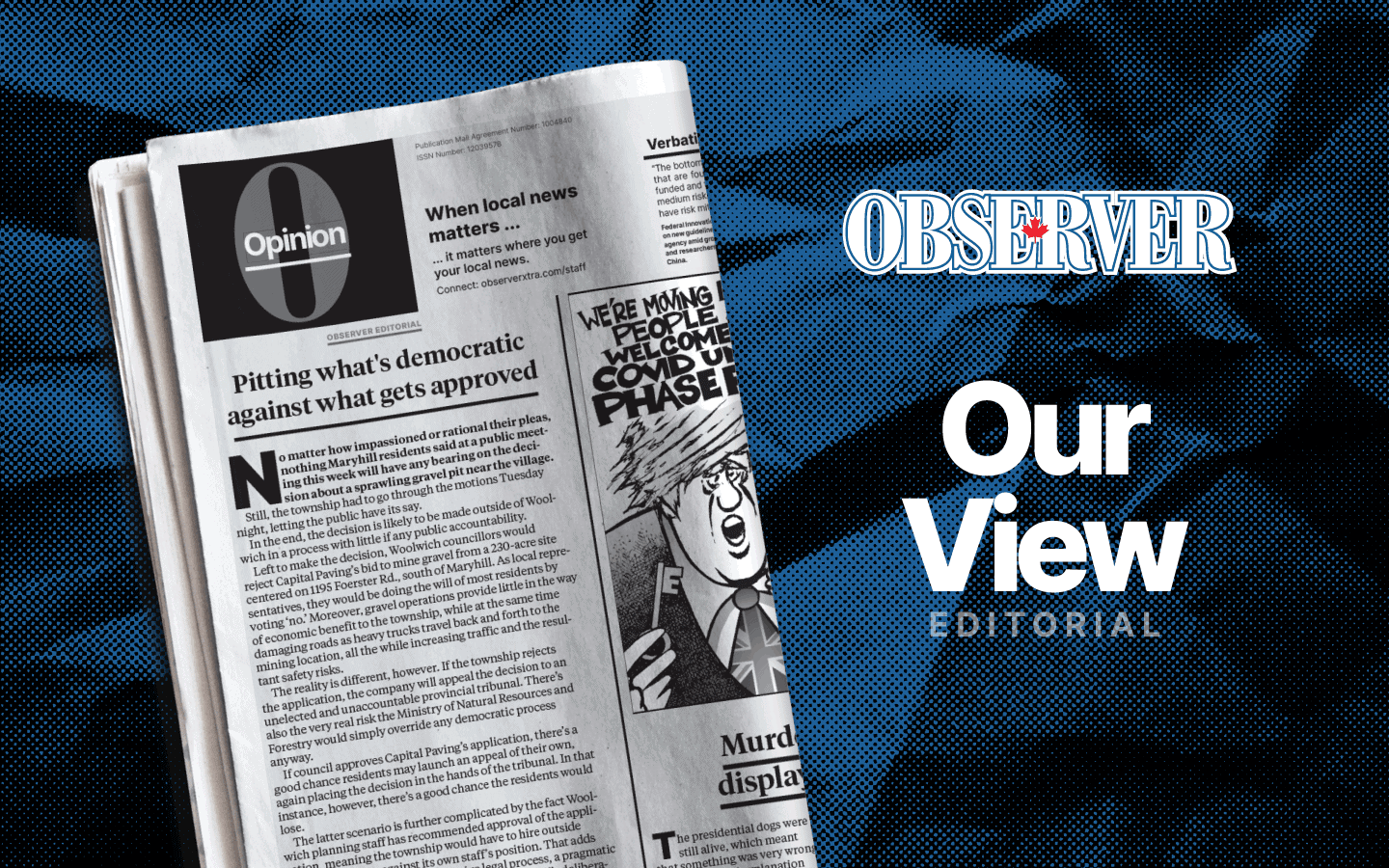;
;
;
Next Article
St. Boniface Catholic Women’s League Meeting

Though the coronavirus pandemic was less of an issue that in the previous two years, 2022 wasn’t exactly the improvement we’d hoped for some 365 days ago. Inflation, housing woes, interest rates, the prospect of a recession and the war in Ukraine were at the top of the list of concerns that pushed C
Last updated on May 03, 23
Posted on Dec 29, 22
3 min read
